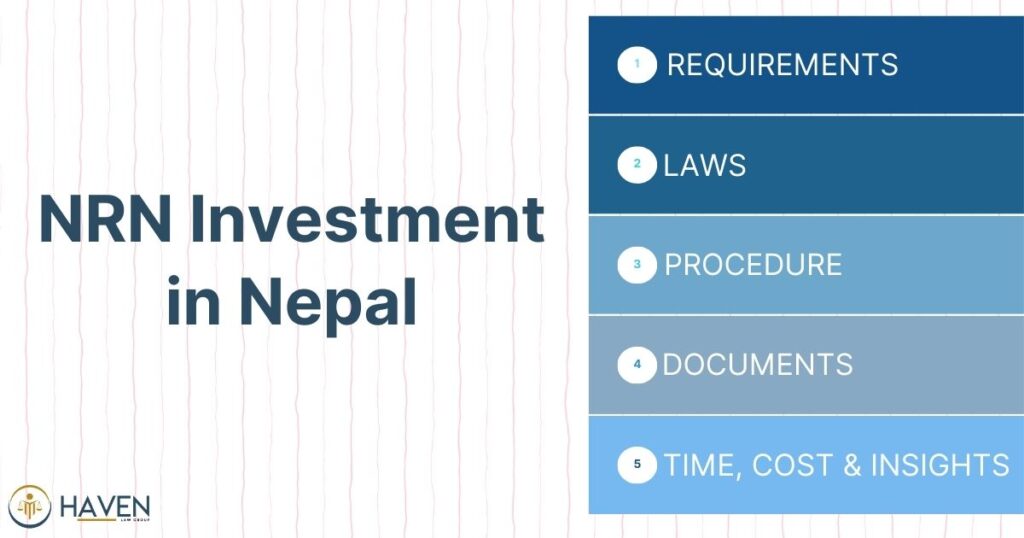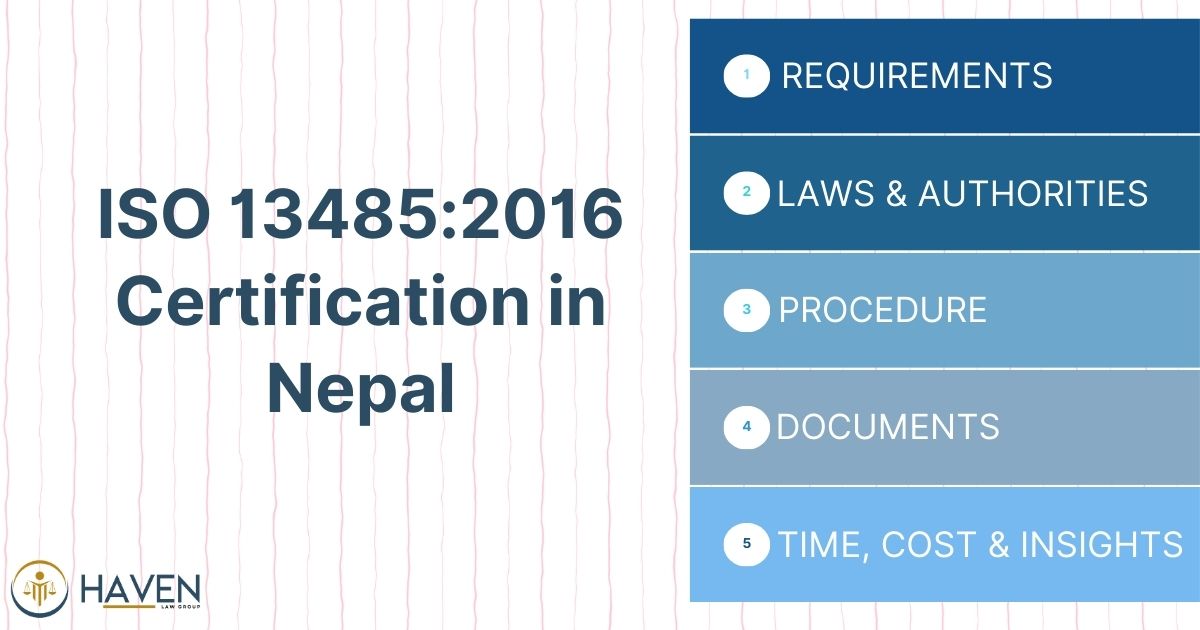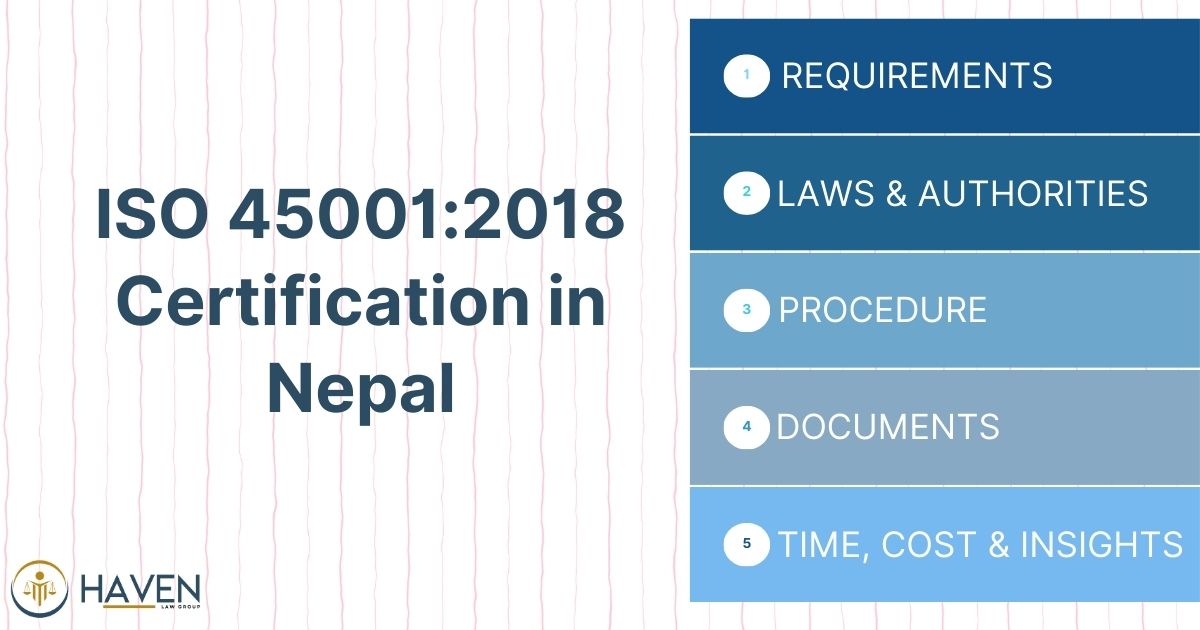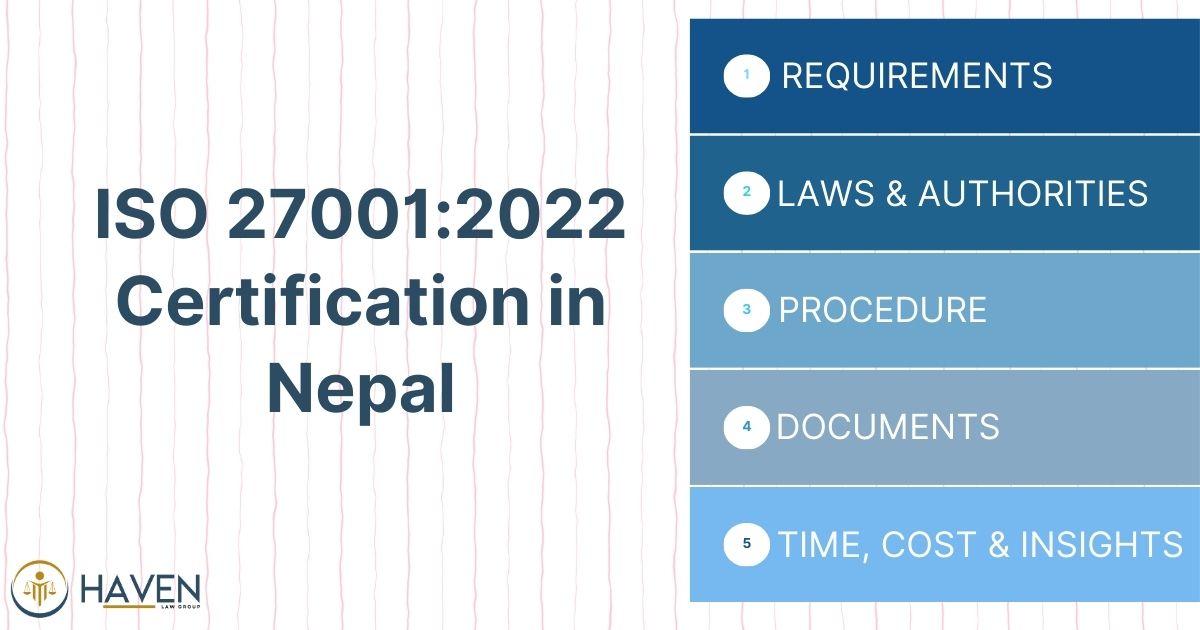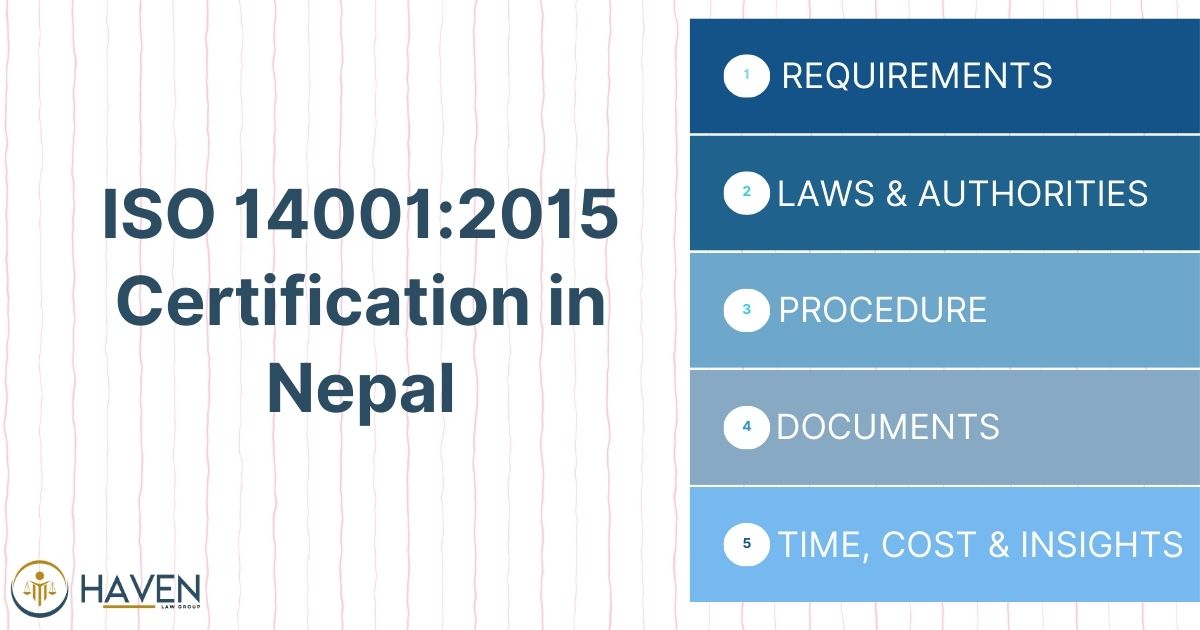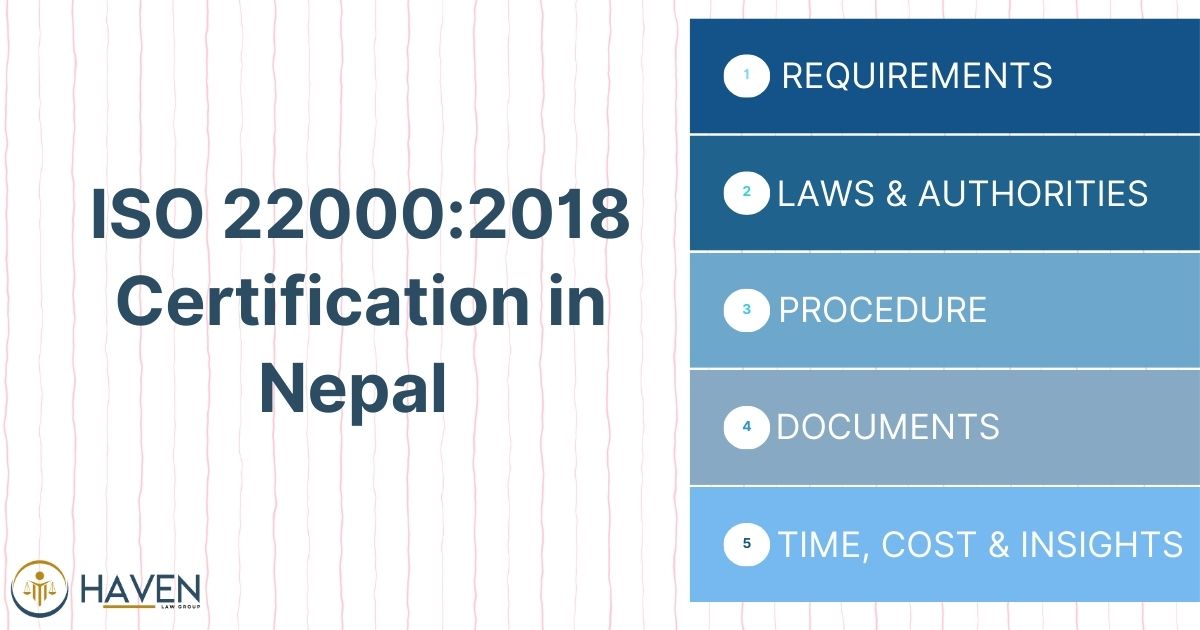Introduction
Nepal has increasingly recognized the potential economic impact of its global diaspora. Non-Resident Nepalis (NRNs) represent not just cultural ambassadors but significant potential investors who can contribute to the nation’s development. In recent years, the Government of Nepal has implemented various policies aimed at attracting NRN investment, understanding that these individuals often possess capital, expertise, and international connections that can benefit the Nepali economy. This comprehensive guide explores everything NRNs need to know about investing in Nepal, from legal frameworks to practical considerations.
The Legal Framework Governing NRN Investments
What Laws Govern NRN Investments in Nepal?
NRN investments in Nepal are primarily governed by several key pieces of legislation:
- Foreign Investment and Technology Transfer Act (FITTA 2019) – The cornerstone legislation that outlines the provisions for foreign investment, including investments made by NRNs.
- Non-Resident Nepali Act (2008) – Specifically addresses the rights, privileges, and investment frameworks for the Nepali diaspora.
- Industrial Enterprises Act – Governs the establishment and operation of industrial ventures in Nepal.
- Company Act – Regulates the formation, registration, and management of companies in Nepal.
- Nepal Rastra Bank (NRB) Regulations – Controls foreign exchange transactions, including the inflow and outflow of investment capital.
These laws collectively create the regulatory environment within which NRNs can invest and operate businesses in Nepal.
Investment Restrictions and Opportunities
Are There Investment Restrictions for NRNs?
Yes, though NRNs enjoy more flexible investment conditions than other foreign investors, some restrictions still apply:
- Prohibited Sectors: Like other foreign investors, NRNs cannot invest in cottage industries, arms and ammunition, explosives, nuclear energy, and certain other strategically sensitive areas.
- Partially Restricted Sectors: Some industries have foreign investment caps, including media (49%), airlines (49%), and certain professional services.
However, NRNs often benefit from special provisions not available to other foreign investors, particularly regarding smaller investments and repatriation rights.
What Sectors Are Open for NRN Investment?
Nepal actively encourages NRN investment in several priority sectors:
- Hydropower – Given Nepal’s vast water resources, this remains a top priority sector with considerable potential.
- Tourism – Hotels, resorts, and tourism services represent excellent opportunities given Nepal’s natural and cultural attractions.
- Information Technology – The growing tech sector welcomes expertise and capital from NRNs familiar with global tech trends.
- Agriculture and Forest-based Industries – Value-added agricultural processing offers significant investment potential.
- Manufacturing – Various manufacturing sectors remain open and attractive for NRN investment.
- Construction – Infrastructure development projects present opportunities, especially through public-private partnerships.
- Health and Education – Private hospitals, clinics, and educational institutions represent growing sectors.
Investment Amounts and Capital Requirements
How Much Can NRNs Invest in Nepal?
There is no upper limit on how much NRNs can invest in Nepal. However, minimum thresholds exist:
- For most foreign investors, the minimum investment amount is NPR 50 million.
- For NRNs, this threshold is often lower, typically around NPR 20 million, depending on the sector.
What Is the Minimum Capital Requirement for NRNs?
The minimum capital requirements vary by sector and business structure:
- For private limited companies: Minimum paid-up capital of NPR 100,000
- For public limited companies: Minimum paid-up capital of NPR 10 million
- For specific sectors like banking and insurance: Higher capital requirements apply
NRNs should note that while these are the general requirements, certain industries may have different minimum thresholds.
Foreign Investment Policies and Permits
What Are the Foreign Investment Policies for NRNs?
Nepal’s foreign investment policies for NRNs focus on:
- Simplified Procedures – Streamlined processes for NRN investment approval.
- Tax Incentives – Various tax holidays and reduced rates for priority sectors.
- Repatriation Rights – Guaranteed rights to repatriate invested capital and profits.
- Special Provisions – Unique benefits regarding land ownership and business operations not available to other foreign investors.
Do NRNs Need Special Permits to Invest?
Yes, NRNs need to obtain several permits for investment:
- Foreign Investment Approval – From the Department of Industry or Investment Board Nepal (depending on investment size).
- NRN Card/Certificate – To qualify for NRN-specific benefits.
- Company Registration – With the Office of the Company Registrar.
- Industry Registration – With the Department of Industry.
- Tax Registration – Obtaining a Permanent Account Number (PAN).
The specific process is outlined below:
How Can NRNs Start a Business in Nepal?
The step-by-step process for NRNs to start a business in Nepal involves:
- Obtain NRN Card/Certificate
- Apply through Nepali diplomatic missions abroad
- Submit proof of foreign citizenship or residency
- Select Business Structure
- Private Limited Company
- Public Limited Company
- Branch/Liaison Office
- Partnership
- Get Investment Approval
- Submit application to Department of Industry
- For investments above NPR 6 billion, apply to Investment Board Nepal
- Register Company
- Reserve company name
- Prepare Memorandum and Articles of Association
- Submit registration documents to Company Registrar
- Obtain Industry Registration
- Register with Department of Industry
- Obtain necessary licenses for specific sectors
- Register for Taxation
- Obtain PAN and VAT registration
- Register with local tax offices
- Open Bank Accounts
- Establish company accounts
- Set up Foreign Currency Accounts for capital inflow
Taxation and Profit Repatriation
How Are NRN Investments Taxed in Nepal?
NRN investments face several types of taxation:
- Corporate Income Tax – Standard rate of 25% (with reduced rates of 20% for certain sectors like manufacturing).
- Value Added Tax (VAT) – Standard rate of 13%.
- Dividend Tax – 5% for individual NRNs, applicable on profit distributions.
- Capital Gains Tax – Varies between 5-25% depending on the asset type and holding period.
However, NRNs benefit from various tax incentives:
- Tax holidays up to 7 years for certain industries and locations
- Deductions for employing Nepali citizens
- Special tax rates for export-oriented businesses
Can NRNs Repatriate Their Investment Profits?
Yes, NRNs have the right to repatriate:
- Investment Capital – The amount initially invested can be repatriated upon business closure or divestment.
- Profits and Dividends – Earnings from the investment can be repatriated after paying applicable taxes.
- Loan Repayments – Principal and interest on foreign loans.
- Technology Transfer Fees – Royalties and technical fees as approved in the investment agreement.
To repatriate funds, NRNs must:
- Obtain approval from the Department of Industry
- Secure clearance from the tax authorities
- Process the transaction through commercial banks
Branch Office Registration in Nepal
Ownership Structure and Joint Ventures
Can NRNs Own 100% of a Nepali Company?
Yes, NRNs can own 100% of companies in most sectors open to foreign investment. This provides significant flexibility compared to other foreign investors who might face more restrictions in certain areas.
How Does Nepal Regulate NRN Joint Ventures?
NRN joint ventures with Nepali partners are regulated under both the Company Act and FITTA. Key regulations include:
- Shareholder Agreements – Must clearly define capital contributions, profit-sharing, and management rights.
- Technology Transfer – Any technology transfer components must be approved by the Department of Industry.
- Exit Mechanisms – Should be clearly defined in founding documents.
- Dispute Resolution – Provisions for arbitration and conflict resolution must be included.
Joint ventures can be particularly advantageous for NRNs as they combine local knowledge with NRN capital and international expertise.
Land Ownership and Property Rights
What Are the Land Ownership Rules for NRNs?
While regular foreign investors cannot own land directly, NRNs enjoy special privileges:
- NRNs can own up to 10 ropani (approximately 5,000 square meters) of land for residential purposes.
- For business purposes, land can be leased for up to 50 years (renewable).
- Land for industrial estates can be acquired through the Industrial District Management Ltd.
- Companies with NRN investment can own land in the company’s name for business operations.
These provisions make Nepal one of the few countries that allow members of its diaspora to own land despite their foreign citizenship or residency.
Investment Protection and Dispute Resolution
What Legal Protections Exist for NRN Investments?
NRN investments are protected through:
- Constitutional Guarantees – Nepal’s constitution guarantees the right to property and business.
- FITTA Provisions – Specific protections against nationalization and expropriation.
- Bilateral Investment Treaties – Protection through Nepal’s agreements with other countries.
- Investment Protection Act – Provides additional safeguards for all investors.
How Can NRNs Resolve Investment Disputes in Nepal?
NRNs have several avenues for dispute resolution:
- Negotiation and Mediation – Initial dispute resolution through Nepal’s Mediation Act.
- Arbitration – Both domestic and international arbitration options are available.
- Commercial Benches – Specialized court benches for commercial disputes.
- Investment Board Mechanisms – For large investments, the Investment Board provides dispute resolution services.
For international arbitration, Nepal recognizes decisions made under major arbitration conventions, though enforcement may still require local court approval.
Special Economic Zones and Incentives
Are There Special Economic Zones for NRNs?
Yes, Nepal has established Special Economic Zones (SEZs) that offer attractive benefits for all investors, including NRNs:
- The first operational SEZ is in Bhairahawa, with others under development in Simara, Panchkhal, and other locations.
- SEZs offer reduced tax rates, simplified procedures, and improved infrastructure.
- Export Processing Zones (EPZs) offer additional benefits for export-oriented businesses.
What Incentives Are Available for NRN Investors?
Nepal offers numerous incentives specifically designed to attract NRN investment:
- Tax Holidays – Up to 7 years of full or partial exemption from income tax for certain industries.
- Customs Duty Exemptions – On machinery and equipment imports for production.
- Simplified Visa Procedures – Multiple-entry business visas with extended validity.
- One-Stop Service Center – For faster processing of permits and approvals.
- Special Access – Exclusive networking opportunities with government officials and business leaders.
Documentation and Administrative Requirements
What Documentation Is Required for NRN Investments?
NRNs must prepare and submit several documents for investment approval:
- Investment Proposal – Detailed business plan including capital structure and projections.
- NRN Certificate/Card – Proof of NRN status.
- Financial Documents – Evidence of financial capacity and source of funds.
- Personal Identification – Passport, citizenship certificate of origin country.
- Technical Details – For investments involving technology transfer.
- Environmental Assessment – For industries with potential environmental impact.
All documents typically need Nepali translation and proper authentication.
Opening Foreign Currency Accounts: A Guide for NRNs
NRNs can open several types of foreign currency accounts in Nepal:
- Non-Resident Nepali Rupee Account (NRNR)
- Allows deposits in Nepali currency
- Funded through remittances or local earnings
- Can be used for local investments
- Non-Resident Foreign Currency Account (NRFC)
- Maintains balance in foreign currencies (USD, EUR, GBP, etc.)
- No conversion to NPR required
- Ideal for business operations requiring foreign currency
- Foreign Currency Investment Account
- Specifically for investment purposes
- Allows direct investment into approved sectors
- Simplifies repatriation processes
To open these accounts:
- Approach commercial banks with NRN card/certificate
- Complete KYC requirements
- Provide investment approval documents where applicable
- Maintain minimum balance requirements
These accounts simplify the investment process and provide a secure channel for fund transfers.
Promotion and Challenges of NRN Investment
How Does Nepal Promote NRN Investments?
Nepal actively promotes NRN investment through:
- NRN Investment Summits – Regular events connecting NRNs with investment opportunities.
- Non-Resident Nepali Association (NRNA) – Works with the government to facilitate investment.
- Diplomatic Missions – Nepali embassies abroad provide investment information and services.
- Investment Board Nepal – Dedicated resources for large-scale NRN projects.
- Digital Platforms – Online information portals and application systems.
What Are the Key Challenges for NRN Investors?
Despite improvements, NRN investors still face several challenges:
- Bureaucratic Delays – Multiple approvals can cause time-consuming delays.
- Infrastructure Limitations – Electricity, transportation, and connectivity issues.
- Policy Implementation Gaps – Disconnect between written policies and implementation.
- Labor Relations – Managing workforce expectations and productivity.
- Political Uncertainty – Changing political landscapes can affect investment climate.
- Banking Constraints – Foreign exchange restrictions and limited financing options.
Understanding these challenges helps NRNs develop more resilient investment strategies.
Conclusion
Nepal offers significant investment opportunities for its global diaspora, with policies increasingly designed to welcome NRN capital and expertise. The legal framework provides special considerations for NRNs that aren’t available to other foreign investors, particularly regarding land ownership, minimum investment thresholds, and repatriation rights.
While challenges remain, the government’s focus on attracting NRN investment continues to improve the investment climate. For NRNs considering investment in their homeland, understanding the legal requirements, available incentives, and potential obstacles is essential for successful business ventures.
Can NRNs invest in Nepal?
Yes, Non-Resident Nepalis can invest in Nepal. The government encourages NRN investment to boost the national economy.
What laws govern NRN investments in Nepal?
The Foreign Investment and Technology Transfer Act and Non-Resident Nepali Act are the primary laws governing NRN investments. The Nepal Rastra Bank also issues relevant directives.
What is the procedure for NRN investment in Nepal?
NRNs must register with the Department of Industry and obtain approval from the Nepal Rastra Bank. They then need to open a Non-Resident Nepali account with a local bank to transfer funds.
Are there any restrictions on NRN investments?
Some sectors like small-scale retail, travel agencies, and certain consultancy services are restricted. NRNs cannot invest in industries that may harm national security or public health.
What are the benefits of investing in Nepal as an NRN?
NRNs enjoy tax benefits, easier repatriation of profits, and visa privileges. They can also own property and participate in certain sectors closed to other foreign investors.
Can NRNs invest in the Nepali stock market?
Yes, NRNs can invest in stocks and securities listed on the Nepal Stock Exchange through designated broker accounts.
What sectors are most promising for NRN investment?
Hydropower, tourism, agriculture, information technology, and manufacturing are considered high-potential sectors for NRN investment in Nepal.
What is the minimum investment amount required for NRNs?
There is no set minimum, but investments above NPR 50 million receive additional incentives under the Foreign Investment Policy.
How can NRNs repatriate profits and investment capital?
NRNs can repatriate profits and capital through their Non-Resident Nepali bank accounts after paying applicable taxes. The Nepal Rastra Bank must approve repatriation requests.

